Teardrop Collective is a group of artists and community organizers based in Toronto, who explore the stories of queer and trans, Deaf and hearing people of Tamil, Sri Lankan, and South Asian ancestry in the diaspora. Over the past several years, Teardrop has produced many intergenerational community arts events related to and inspired by the development of Leopards and Peacocks, a new play by Teardrop’s artistic director Gitanjali Lena. These events include an online reading of Leopards and Peacocks; Thrive Sessions, facilitated community-engaged discussions reflecting on the setting, politics, and themes of the play; Aunties Legacy Project, a community arts workshop series with Tamil elders in Scarborough; “Ghosts Don’t Need Passports,” a design installation at the 2022 Summerworks Festival exploring visual ideas in Leopards and Peacocks; and multiple in-person and online script development workshops.
In this piece, Gitanjali Lena and Teardrop producer Hari Somaskantha exchange letters reflecting on what it has been like to facilitate this work online and offline in ways that are as safe, trauma-informed, and joyful as possible.
Dear Thambs,
I love that we are doing this reflection together. We did a hell of a lot these last three years. Pandemic years, even! I don’t reflect enough so here we go.
Let’s start by considering what trauma is to queers and Tamils. Trauma—what a fun topic. Trauma has dropped into everyday parlance, which is both good and bad. It is overused, misused, and has wildly different meanings for different people, especially in queer community. How do Tamils talk about pain, trauma, numbness, sudden responses to triggers, and all of the other kinds of trauma that can manifest for racialized people in the diaspora who are also surviving war, genocide, and state violence? What’s the lexicon for trauma in Tamil?
Instead of looking up trauma theories, I asked a bunch of friends I respect to tell me in a non-clinical way how they personally frame and understand trauma as queer and trans people of color. From a neurological perspective, trauma creates a neural pathway—that is hard but not impossible to rewire in our brains—at times when we experience violence. We go into fight or flight (or freeze or rage) response when we experience trauma and then use the same neural pathway when we are reminded or triggered. Traumatic experiences also change our worldview about risk-taking. There are places we won’t go and activities we won’t do anymore, like how people who have experienced shelling and bombing can’t hear fireworks without freaking out.
We know there are super painful places where identity and trauma meet. Trauma can be the reaction. The pain of that reaction is often dulled by avoidance, apathy, or forms of addictions within racialized communities because therapy is expensive, time-consuming, and steeped in Western values of wellness. Queerness affects trauma from external places of how we are read and how people relate to us. Being nonbinary and/or trans also means relating to bodies differently so gender nonconforming people store bodily trauma differently.
Racialized communities have so much less access to systems of support and healthy ways of being that can undo the neural pathways of trauma. When trauma happens to white girl bodies, the world reacts. But when it happens to Black bodies, it is completely overlooked. No one cares because in white supremacist society, we are collectively desensitized to the high levels of violence repeatedly inflicted upon Black and Indigenous bodies. Doing the work to address trauma can be retraumatizing, and I never want Teardrop Collective to retraumatize people through our artistic offerings.
Another person said they experience trauma as a splitting or a fracturing that disconnects them from themselves, from other people, and from the world. To have experienced trauma, then, is to inhabit a splintered state in the body in a world that feels unsafe, trying to avoid connections, or fearing connections that one now responds to as unsafe.
When we talk about Tamil trauma, we are not talking about a single traumatic incident, a series of the same types of incidents, or incidents that only happened to one person. We are talking about tons of traumatized people all reacting at the same time to their own triggers. Some people form attachments to sources of trauma as part of their identities (e.g., activists, nationalists) or worse, repeat the behaviors of their abusers to others in community and family. As young people, femmes, people assigned female at birth, queer people, non-binary people, and people who are disabled or differently abled, we know how our trauma responses and healing options are different because of all the systemic “-isms” we experience in addition to generational and personal trauma.
Even within the diaspora, we have fault lines on our bodies and our minds in relation to experiences we’ve had. We cross bloodlines, oceans, and timelines with our pain. The stuff that happened to our parents, aunties, uncles, and grandparents is the past haunting us. We also have our responses and queer traumas in the present—and if we have anxiety, we fear future trauma.
Another friend said past trauma becomes “like a silent companion” to your subsequent way of living. It lives in all the splintered-off parts that have developed fiercely protective strategies but still keep us trapped in undigested, past, raw material (e.g., a sexual assault, verbal violence, a car crash, ongoing state violence). The past becomes the neural map that keeps getting projected onto the present. Trauma clouds new experiences before we can perceive it for ourselves, a sticky energy that feels like it's sheltering you by keeping reminders at front of your mind, so you avoid a repeat of the negative past. But the reminders are like blinding warning lights that keep us from connecting, healing, and experiencing situations and interactions with freshness and curiosity.
We want our audience to be able to bring their trauma twin sib—the part of themselves that does carry trauma—to the art and show it safer spaces in which they can hear the screaming voices, comfort their younger selves, and be immersed in new ways of seeing familiar objects, people, interactions, and sensations.
As an artist, I never want to avoid the painful, scary stuff. But as a Teardrop Collective founder, I want to practice care in what we offer publicly. I wrestle with that tension in all of our work. From what work we chose to share with which audiences, to how we manage conflict in facilitated discussions, to how we handle feedback in digital spaces, to what accessibility supports we provide at events. We cannot send people away back to their families and jobs feeling ripped open and not compassionately and carefully resourced.
What d’you think about how we treat our performers, audience, funders and presenters, and the venues we choose to work with?
geets
Even within the diaspora, we have fault lines on our bodies and our minds in relation to experiences we’ve had. We cross bloodlines, oceans, and timelines with our pain.
Hellooooo!
It’s been such an adventure, Geetha, honestly! It feels a little surreal, how far we’ve come since our summer 2019 conversation when you first pulled me into Teardrop <3. It feels like throughout the pandemic, we have needed to rethink goals and cancel/reschedule things. We are a young collective, but it feels like we’ve gotten a taste of a lot!
Trauma, eh? We can’t assume everyone has introduced themselves to that word, “trauma.” And we can't assume how anyone has been impacted by trauma, addressed their trauma, or begun work toward healing from it. I asked Appa, and, with some help from Google, he says there are a few words that kinda describe the English term “trauma” in Tamil (all context- and tone-based, as are most things in Tamil) but no direct translation: kaayam (English: wound), mana-ullachal (English: mind/psychological stress), adi-vedhanai padukaayam (English: most deepest-severe wound), and purra-adhirchi punn (English: severely surprising/shocking pain). Colloquially, people may just call it vedhanai, meaning worry.
A lot of trauma has to do with home and family (Tamil: kudumbam). From what I’ve observed, our community’s relationship to home is powerful, nostalgic, bitter, anguished, and protective all at once. For queer, non-binary Tamils—especially me—Sri Lanka as a home is something I didn’t even think existed. In that way, “back home” is imagined, malleable, and ever-evolving—something I and a lot of folx are still discovering.
In that same thread, creating home and homey spaces (e.g., physical, virtual, and emotional/spiritual) is paramount to our work, especially when some don’t think they can (or actually can’t) go back to Sri Lanka or fear a future where going home may not be possible. There’s a mixed bag of systemic barriers and political, socio-economic situations that Tamils have been facing since the war, and the perceived and very real loss of land, animals, and human kin.
Our spaces create invitations to find home, even if temporarily (e.g., for land, language, cultural practices, or to create new ones as a collective diaspora). Cultures are created when there is a shared understanding of values, practices, and meaning-making. Teardrop Collective strives to generate that in the types of events we offer, the people we collaborate with, and the stories we all hold, whether spoken or felt. We are able to do this even more so online and through the various social media, events, and online peer groups that a person can engage with if they have internet.
What do you think we’ve learned so far?
Take care,
Hari

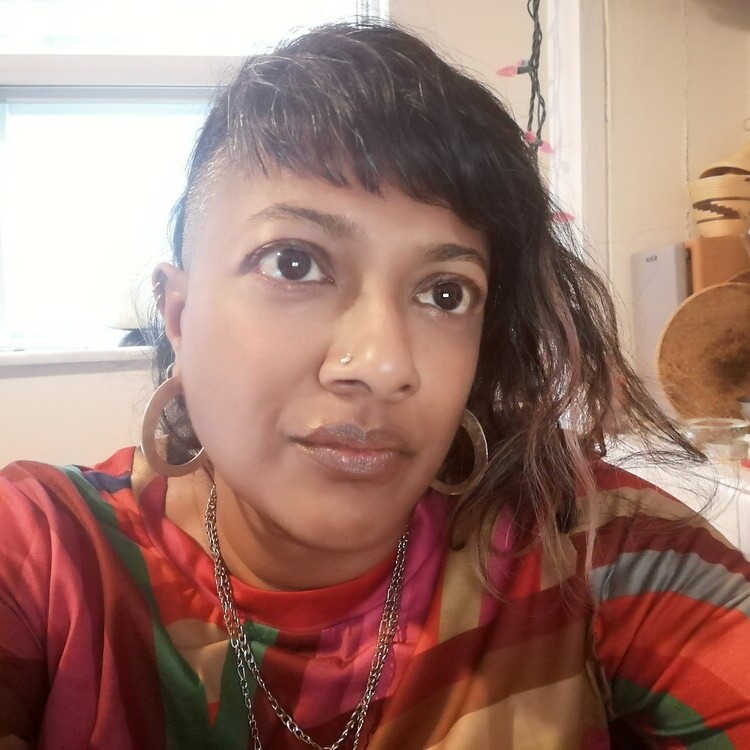
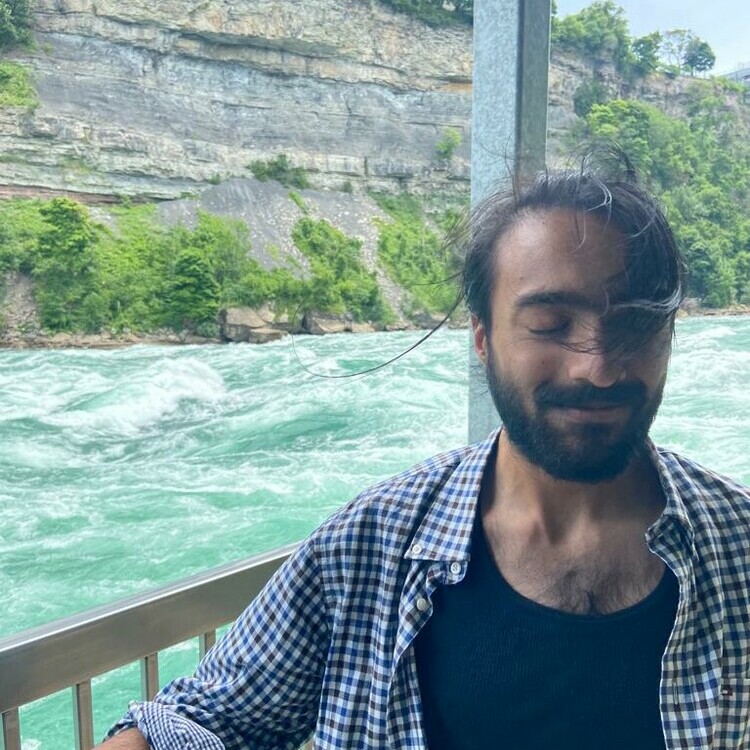

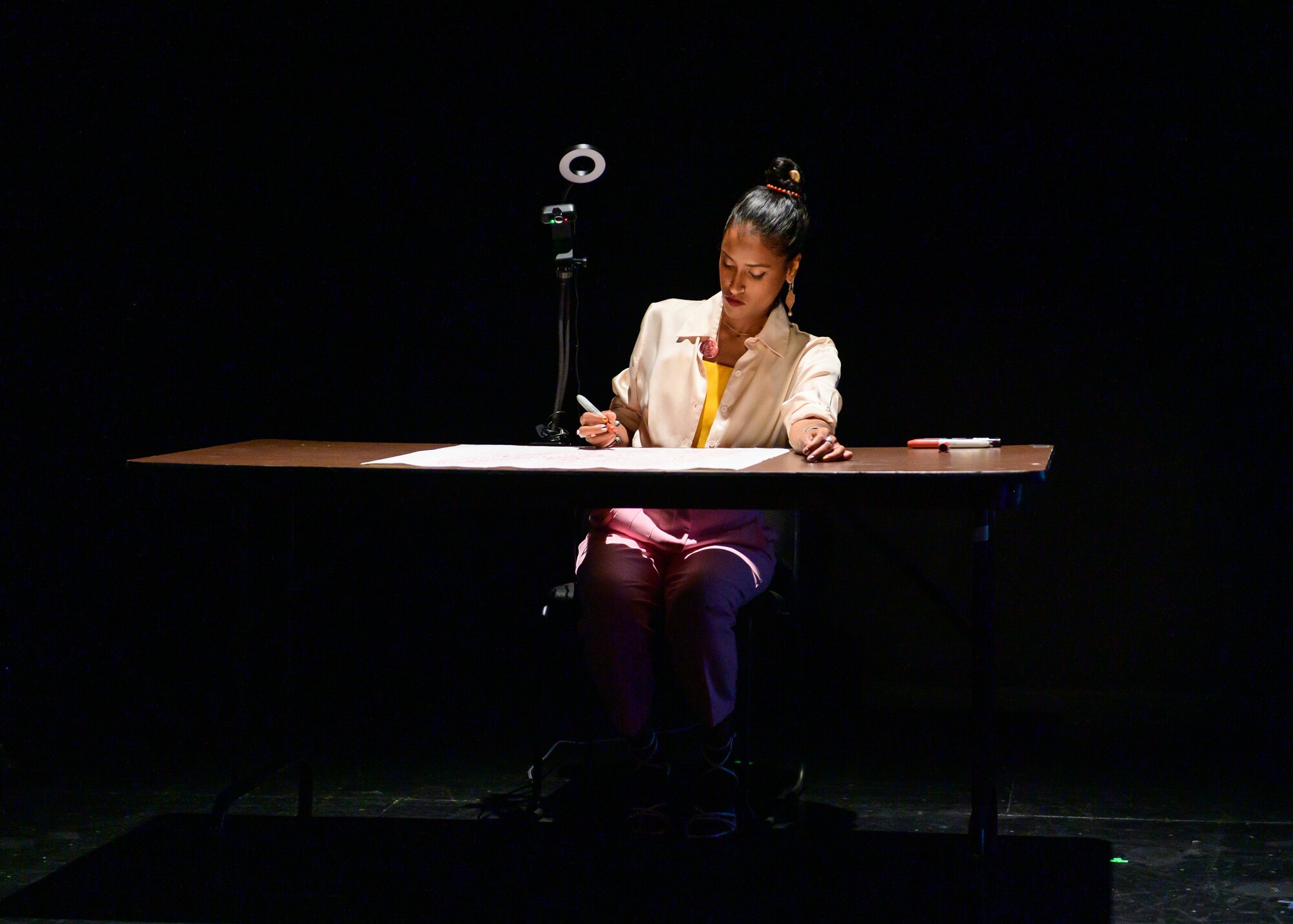

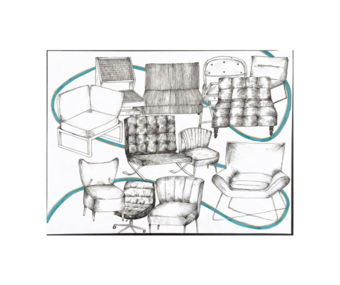





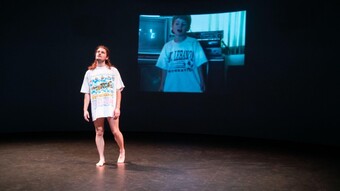



Comments
The article is just the start of the conversation—we want to know what you think about this subject, too! HowlRound is a space for knowledge-sharing, and we welcome spirited, thoughtful, and on-topic dialogue. Find our full comments policy here